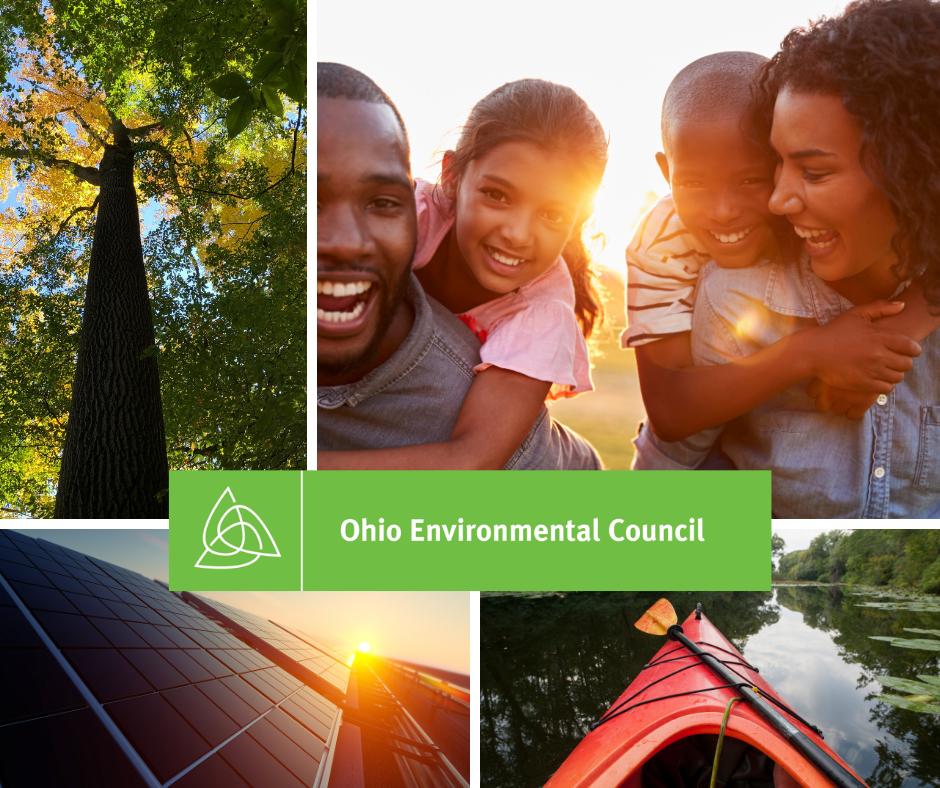Tagged In: Air Pollution, clean air, Climate Change, methane, natural gas, oil and gas, pollution, trump
Chris Tavenor, General Counsel, November 14, 2018
Known for its global warming potential, methane is one of the most potent greenhouse gases in the atmosphere. Every molecule of methane that escapes from oil and gas operations impacts climate change 25 times more than a molecule of carbon dioxide. Ignoring these facts, the Trump Administration is discussing rolling back our current methane standards — putting the U.S. and the world at major risk.
Over two years ago, the U.S. Environmental Protection Agency (U.S. EPA) finalized new rules intended to crack down on this very potent greenhouse gas as part of the Obama Administration’s climate action plan. The rules, called the “New Source Performance Standards for the Oil and Natural Gas Industry,” targeted “fugitive methane emissions” coming from oil and gas well sites as well as natural gas compressor stations, one of the largest sources for methane pollution in the nation.
Fugitive methane emissions occur when a natural gas facility leaks, because no system can be air tight, and facilities degrade overtime. For natural gas companies who recycle this gas, every lost molecule of methane equals lost profits. So, keeping things sealed is best business practice.
The 2016 rules required monitoring plans for oil and natural gas facilities that included semi-annual monitoring surveys at wells and quarterly monitoring at natural gas compressor stations. This monitoring can save companies millions of dollars, while significantly reducing fugitive methane emissions. The sooner a company detects a leak, the sooner it knows to patch it and stop the release of their product into the atmosphere.
Unfortunately, the Trump Administration is trying to repeal these important regulations that save companies money and fight climate change. Instead of semi-annual monitoring at natural gas wells, the U.S. EPA is now proposing monitoring every other year. And instead of quarterly monitoring at compressor stations, the agency proposes semi-annual or annual monitoring.
Even more worrisome, the Trump Administration regulations propose to increase the timeframe in which owners and operators of natural gas facilities must repair leaks. The 2016 rules required leaks repaired in thirty days, while the new EPA rules require repairs in sixty days. This means that a detected leak can release almost twice the methane under the new rules as under the previous rules.
The Administration calls these changes “improvements,” when really it just weakens rules that benefit everyone.
But in Ohio…
The Ohio Environmental Protection Agency (Ohio EPA) has already implemented robust leak detection and repair requirements through its General Permit program for natural gas wells and compressor stations. In fact, its program is functionally equivalent to the rules developed in 2016. The Trump Administration’s new rules recognize this fact, and exempt Ohio from changing its rules as an “equivalent” program.
But that doesn’t mean Ohioans should rest easy with the changes to these regulations. Only six states have implemented programs that accomplish the protections implemented by the 2016 U.S. EPA: California, Colorado, Ohio, Pennsylvania, Texas, and Utah. These proposed rules will regulate all other states with natural gas wells and compressor stations (like West Virginia, Oklahoma, South Dakota, or Alaska), resulting in less stringent standards in 44 U.S. states. From the perspective of fighting climate change, strong regulations in every state are absolutely critical.
So while Ohioans should take pride in the actions of their Ohio EPA, we must also stand with all Americans to urge the U.S. EPA to rescind its proposed rules. It should keep the already existing rules so that companies detect and repair leaks efficiently. We should also encourage Ohio to build upon its existing program, and develop even more stringent standards to reduce fugitive methane emissions in already existing sources, not just new ones.
The U.S. EPA has scheduled a public hearing in Denver, Colorado on November 14, from 8:00 AM to 8:00 PM. If you can’t make it to the public hearing in Colorado, you can submit public comments until December 17, 2018. Make your voice heard, and tell the U.S. EPA that it should not change the 2016 New Source Performance Standards for the Oil and Natural Gas Industry. Let’s keep natural gas in the pipes and out of the atmosphere.
